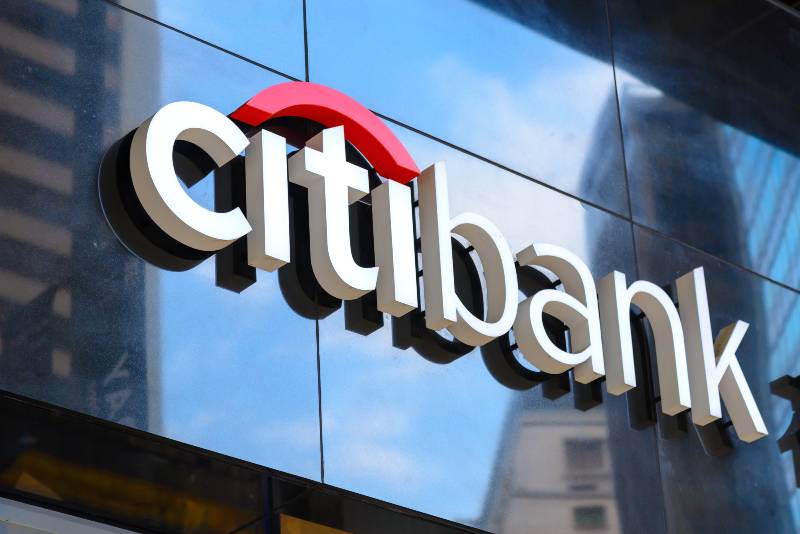bank
Citi To Eliminate Overdraft Fees And Insufficient Funds Charges

Citi will eliminate overdraft fees by this summer. The megabank will also remove insufficient funds and overdraft protection fees. With this move, Citigroup becomes the biggest US bank to eliminate the controversial charges.
RELATED: Capital One Removing Overdraft Charges For Customers
Citi Joins Growing List of Banks Removing Overdraft Fees

Once Citi removes overdraft fees this summer, it will become the only bank among the top five major banks in the US. Overdraft fees are among the most hated penalties across the US.
Many critics accuse banks of unfairly punishing the most financially vulnerable Americans.
However, Citi is not alone. Many smaller banks and lending institutions are either reducing or eliminating their overdraft fees.
That’s because of the growing number of lawmakers and citizen groups condemning the practice.
Alex Horowitz, principal officer at The Pew Trusts, hailed the elimination of overdraft fees by a major bank. He said that this is an “unequivocal win” for consumers.
Horowitz said that this helps consumers remain in the banking system. This will also help Americans get charged penalty fees at a time when they can’t afford it.
“And it gives them time to recover from financial difficulty and get back on their feet. It can help keep households solvent,” he added.
Citi to Continue Overdraft Protection Services Without Charging Consumers
In addition, Citi also said that it will continue offering overdraft protection services to its customers. This allows account holders to transfer funds from a linked Citi account or avail from an automatic personal credit line. Citi added they will waive the fees for these services.
Gonzalo Luchetti, CEO of Citi Personal Banking, issued a statement. “We're tremendously proud to eliminate these fees altogether.
These changes empower our customers to build long-term financial wellness with access to more affordable banking services.”
Eliminating Overdraft Fees Won’t Affect Citi’s Bottom Line That Much
Unlike rival banks, Citi does not rely on overdraft-related fees for revenue. This means that the company’s bottom line won’t take a substantial hit once they start removing the fees.
For the first nine months of 2021, Citi generated $70 million of overdraft and insufficient fee revenue. This is according to the Consumer Financial Protection Bureau.
In contrast, Wells Fargo collected $1 billion in fees for the same charges. Additionally, JPMorgan hauled in $924 million, Bank of America collected $823 million, and TD Bank got $347 million. Citi is America's fourth largest bank in terms of assets.
Overdraft Fees Punish Financially Vulnerable Americans
Horowitz decries the practice of charging fees to people who already have negative bank account balances.
“Overdraft fees can push consumers' budgets over the edge because they occur when consumers have no money in their accounts. The biggest impact is to low-income, low-asset, and Black and Hispanic households,” he said.
Also, Horowitz said that on average, consumers who incur the most overdrafts have deposits of barely $2,500 per month. Frustrated by endless fees, many Americans chose to leave the banking system altogether.
However, households without banks typically rely on expensive check cashers. In addition, they lose access to auto loans, credit cards, and mortgages.
Watch the Business News video reporting that Bank Of America cuts overdraft fees eliminates insufficient funds fees:
Do you support the removal of overdraft fees and insufficient funds charges? Will this help keep poorer Americans connected to the banking system?
Tell us what you think. Share your thoughts in the comment section below.















